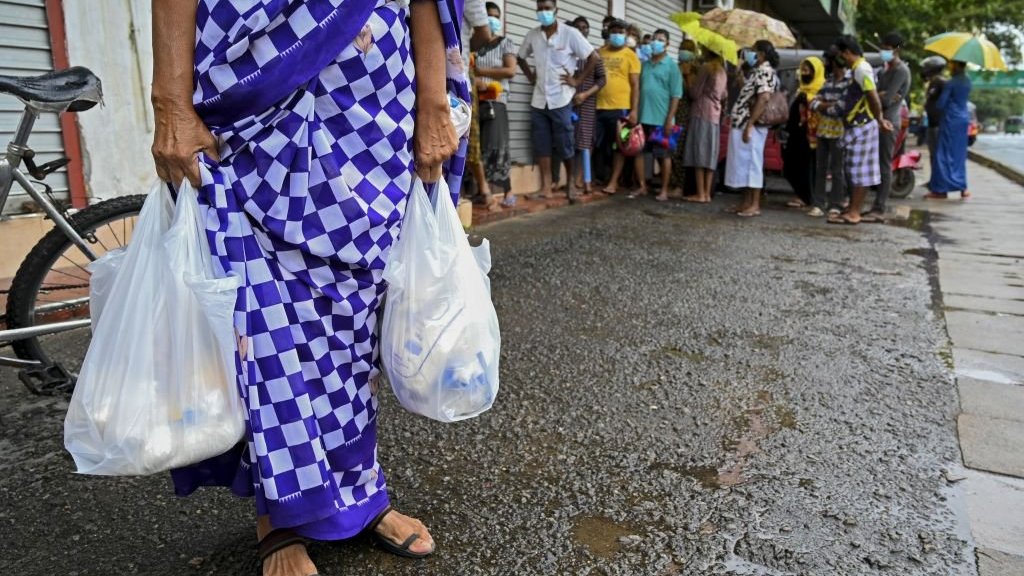UNICEF has said seven million people in Sri Lanka are in need of humanitarian assistance due to the economic crisis.In its Sri Lanka Humanitarian Situation Report, issued on 02 February, the UN agency said essential services for children such as health, nutrition, and education have been severely impacted by shortages of medicine, food insecurity, lack of fuel and long power cuts.
In 2022, UNICEF reached over 1.3 million people, including 750,000 children with humanitarian assistance through humanitarian interventions.Over 800,000 people in urban areas have access to safe drinking water, 285,403 children in rural and estate areas were provided with educational materials, and 205,000 adolescents benefited from mental health and psychosocial support services in communities and in schools through UNICEF initiatives, the report said.
UNICEF also piloted a humanitarian cash transfers program which reached 3,010 mothers with young children for three months in the Colombo municipal area in 2022.
This is to be further scaled up to reach 110,000 mothers and caregivers in 2023, the report said.It said that in 2022, UNICEF appealed for 25 million U.S. dollars to provide life-saving humanitarian services to nearly 2.8 million Sri Lankans, including 1.7 million children affected by the economic crisis in Sri Lanka.
UNICEF received USD 34 million, however there is uneven distribution of funding received, it said.
UNICEF said: “Some sectors (Education, WASH and Child Protection) remain significantly underfunded, while others (Nutrition and Social Protection) have received almost triple the asked amount. This situation highlights the need for fresh funding into 2023 particularly for the underfunded sectors. In addition, the generous contribution to the cash-based programming was only made available in the fall.
UNICEF Sri Lanka Country Office launched its Humanitarian Action for Children (HAC) on 10 June 2022 aligned with the UN inter-agency Humanitarian Needs and Priorities (HNP) appeal for Sri Lanka. The HAC has been funded thanks to the generous contributions of bilateral, public, and private donors. UNICEF expresses its sincere gratitude to Japan, Australia, New Zealand, Norway, Canada, Switzerland, USAID, the Central Emergency Response Fund, UNICEF USA, Foreign Commonwealth and Development Office (UK) and Global Thematic Humanitarian Funds and many others for their generous contributions, without which UNICEF could not meet the most pressing needs of woman, children, and most vulnerable populations affected by the worst economic crisis the country has experienced since independence. While the HNP expired in December 2022, the need for continued funding to sustain prevailing humanitarian needs post-HNP is critical.”
